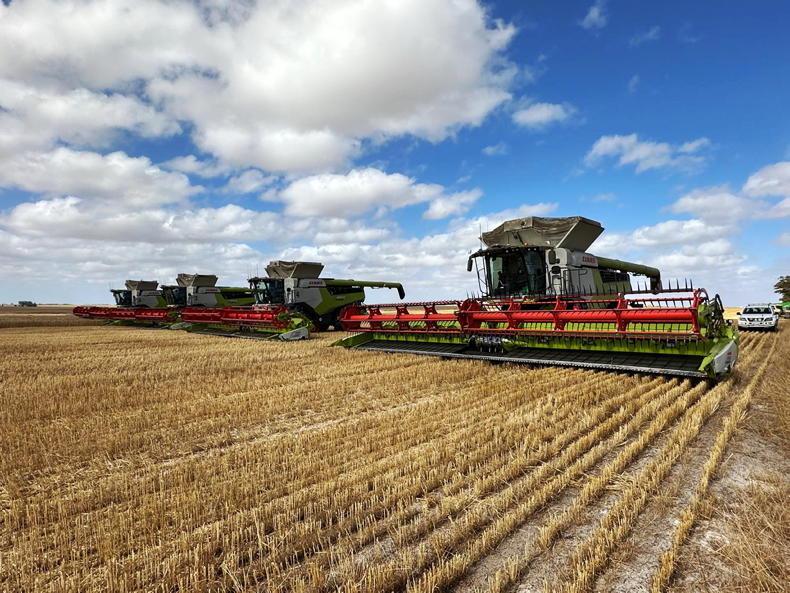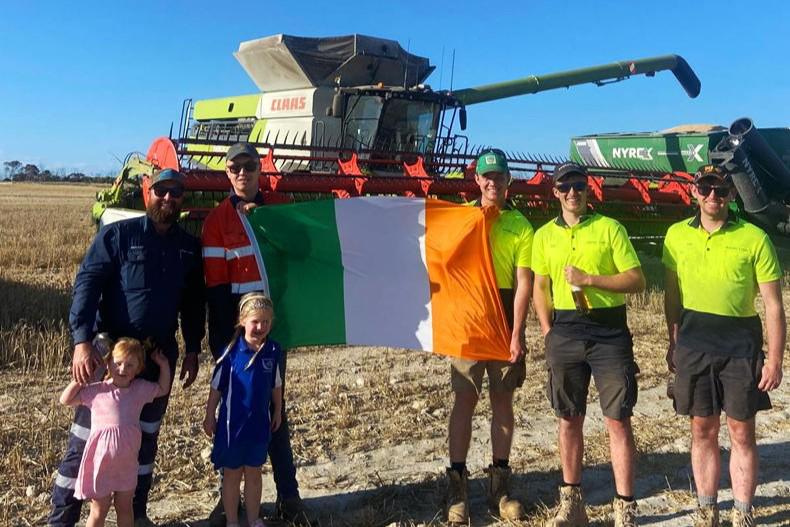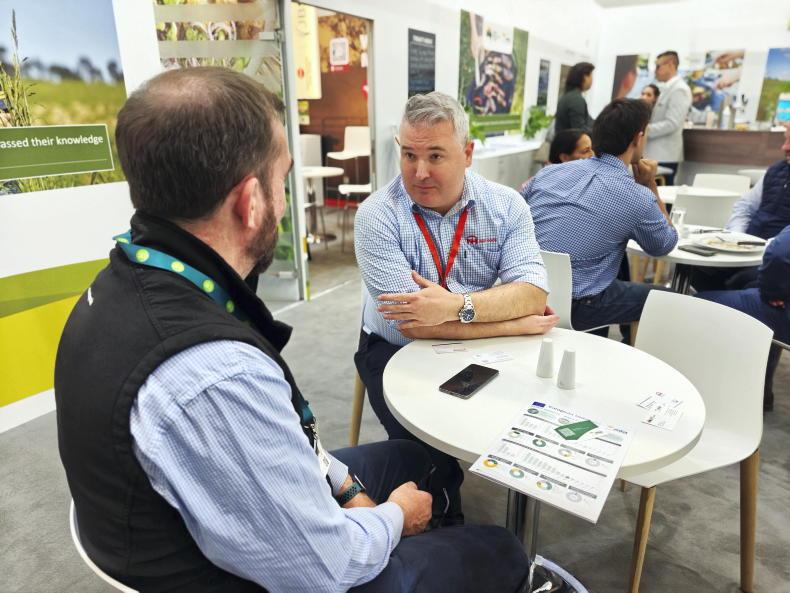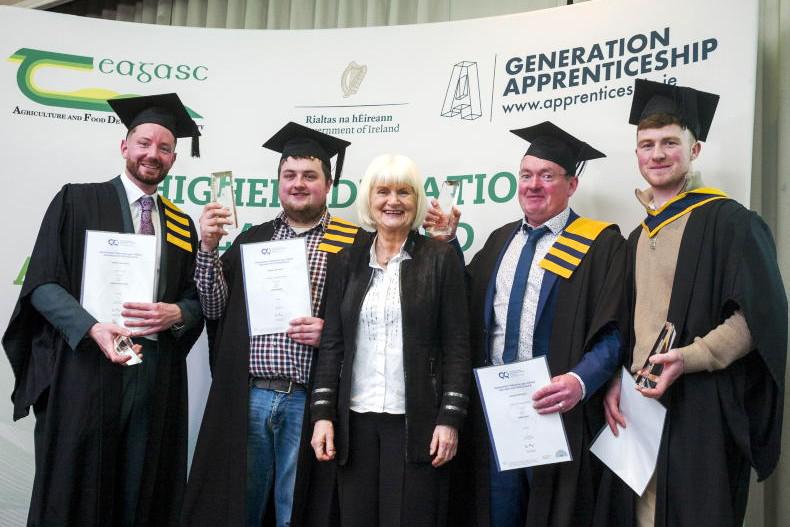“My interest in farming came from working on tillage farms. I got my tractor licence at 16. Before that, as a child, I would have ventured over to neighbouring farms just taking it all in and asking the farmers questions. I would then cycle home before it got dark,” says Cormac.
After spending two years in Ballyhaise Agriculture College, completing a Level 6 advanced dairy course, Cormac was offered an opportunity to advance his education in DKIT. There were five places available on the Sustainable Agriculture Level 8 course.
“I was lucky enough to be offered one of those places which enabled me to increase my knowledge surrounding sustainable agriculture,” he says,
Eager to explore the practices used in Australian tillage farming, Cormac decided to move and work on farms there.
“My greatest lesson throughout my farming experience was the easygoing attitude of the farmers. There was a massive difference between here and home regarding regulations on spraying and the use of chemicals. Also, the funding from the government is non-existent in comparison to the EU funding at home – as a result there is less cross-compliance. Farmers have more control over what they can and can’t do,” he says.
Cormac is working on a 30,000 broad acre tillage/cereal farm in western Australia.

Working on a 30,000 broad acre tillage/cereal farm in Western Australia.
“It’s a family farm, owned by the Hesford family in Grasspatch. The farm is split into three blocks to mitigate the risk of environmental factors like rainfall, drought, and sunshine,” he explains.
The farm was originally a 20,000 ewe farm but, with drought and plummeting sheep prices, they diversified into a cereal farm which now continues to grow each year.
“One of my biggest learning experiences was the extra responsibility with newer and bigger machinery. Furthermore, you can use your initiative and as a result you learn as you're doing. This has allowed me to progress and enhance my ability to operate advanced machinery on a large scale,” says Cormac.
One piece of advice he offers to anyone going over is: don’t get sucked into the city life.
“The real Australian experience is in the outback. The opportunities are endless if you are willing to be open-minded and open to new experiences,” he says.
Last year, he spent Christmas on the beach in true Aussie style.
This year Cormac plans to travel home to Ireland and have Christmas dinner with his family.
“My interest in farming came from working on tillage farms. I got my tractor licence at 16. Before that, as a child, I would have ventured over to neighbouring farms just taking it all in and asking the farmers questions. I would then cycle home before it got dark,” says Cormac.
After spending two years in Ballyhaise Agriculture College, completing a Level 6 advanced dairy course, Cormac was offered an opportunity to advance his education in DKIT. There were five places available on the Sustainable Agriculture Level 8 course.
“I was lucky enough to be offered one of those places which enabled me to increase my knowledge surrounding sustainable agriculture,” he says,
Eager to explore the practices used in Australian tillage farming, Cormac decided to move and work on farms there.
“My greatest lesson throughout my farming experience was the easygoing attitude of the farmers. There was a massive difference between here and home regarding regulations on spraying and the use of chemicals. Also, the funding from the government is non-existent in comparison to the EU funding at home – as a result there is less cross-compliance. Farmers have more control over what they can and can’t do,” he says.
Cormac is working on a 30,000 broad acre tillage/cereal farm in western Australia.

Working on a 30,000 broad acre tillage/cereal farm in Western Australia.
“It’s a family farm, owned by the Hesford family in Grasspatch. The farm is split into three blocks to mitigate the risk of environmental factors like rainfall, drought, and sunshine,” he explains.
The farm was originally a 20,000 ewe farm but, with drought and plummeting sheep prices, they diversified into a cereal farm which now continues to grow each year.
“One of my biggest learning experiences was the extra responsibility with newer and bigger machinery. Furthermore, you can use your initiative and as a result you learn as you're doing. This has allowed me to progress and enhance my ability to operate advanced machinery on a large scale,” says Cormac.
One piece of advice he offers to anyone going over is: don’t get sucked into the city life.
“The real Australian experience is in the outback. The opportunities are endless if you are willing to be open-minded and open to new experiences,” he says.
Last year, he spent Christmas on the beach in true Aussie style.
This year Cormac plans to travel home to Ireland and have Christmas dinner with his family.











SHARING OPTIONS